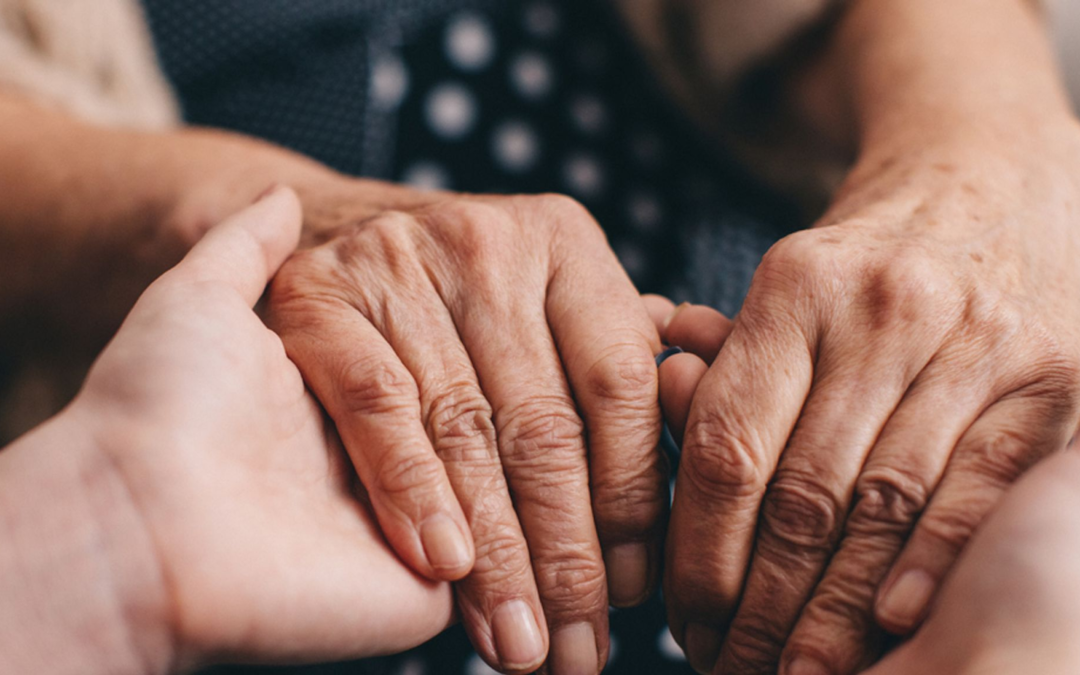Part 3: STOP EATING
At death there are stages of decline, one of which is the body beginning to shut down in increments. One of the major body systems to stop working is the digestive system. The digestive system takes up a lot of energy. Towards the end of life, the body needs all the energy it has in order to keep major organs like the heart, lungs and brain functioning. Therefore, eating while the digestive system is not working well causes discomfort. Without the digestive system working, the food will not be broken down and processed throughout the body, it will sit in the stomach, bloating the patient into an uncomfortable state. That is why, towards the end of life, patients may decline, spit out food, pocket food, throw food, or anything else to signal that they do not want to eat. We recommend not forcing the food.
Many families are adamant that the patient needs to continue to eat or they will die faster or that they’ll go hungry and feel hunger pains. However, that is not necessarily what happens. When the digestive system stops, it puts the body in blissful state as it starts breaking down the body’s sugars to prolong life. Thus, hunger is not felt. The patient most likely will not die right away if they don’t eat. The body can survive on its on sugars for a while. In the last days, the same holds true for fluid intake. Some families think the patient is dehydrated and dying of thirst. Again, this is not how the body works. It is true that there may be dry mouth and other symptoms, but those can be helped with oral swabs and other interventions. Often times, a patient may lose the ability to swallow in the last days and then we would cause more problems if we tried to force fluids.
